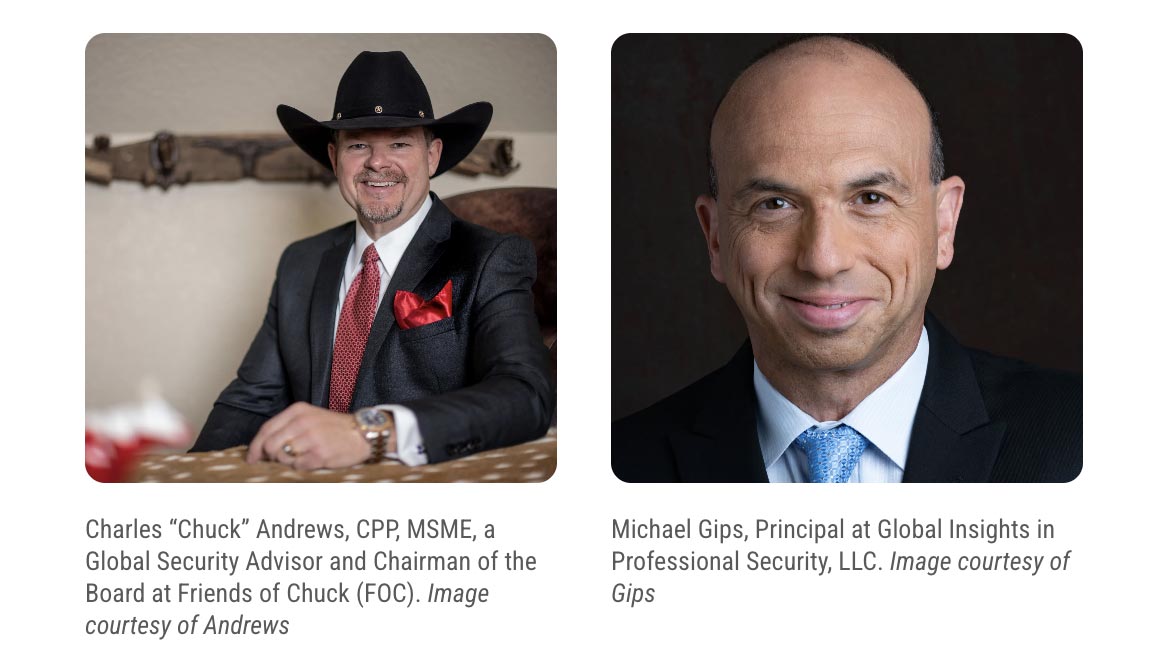 @import url(‘https://fonts.googleapis.com/css2?family=Nunito+Sans:ital,opsz,wght@0,6..12,400;0,6..12,500;0,6..12,600;0,6..12,700;1,6..12,400;1,6..12,500;1,6..12,600;1,6..12,700&family=Nunito:ital,wght@0,400;0,500;0,600;0,700;1,400;1,500;1,600;1,700&display=swap’); h3 { font-weight: bold; font-size: 18px; color: #348089; } .w3-panel:after,.w3-panel:before { content: “”; display: table; clear: both } .w3-panel { padding: 16px; margin-top: 16px; margin-bottom: 16px } .w3-leftbar { border-left: 6px solid #660066!important } .w3-color,.w3-hover-color:hover { color: #660066!important; background-color: #f9ecf2!important } .w3-large { font-size: 20px!important } .w3-sans-serif { font-family: ‘Nunito Sans’,Arial,sans-serif } .w3-opacity,.w3-hover-opacity:hover { opacity: 0.60 }
@import url(‘https://fonts.googleapis.com/css2?family=Nunito+Sans:ital,opsz,wght@0,6..12,400;0,6..12,500;0,6..12,600;0,6..12,700;1,6..12,400;1,6..12,500;1,6..12,600;1,6..12,700&family=Nunito:ital,wght@0,400;0,500;0,600;0,700;1,400;1,500;1,600;1,700&display=swap’); h3 { font-weight: bold; font-size: 18px; color: #348089; } .w3-panel:after,.w3-panel:before { content: “”; display: table; clear: both } .w3-panel { padding: 16px; margin-top: 16px; margin-bottom: 16px } .w3-leftbar { border-left: 6px solid #660066!important } .w3-color,.w3-hover-color:hover { color: #660066!important; background-color: #f9ecf2!important } .w3-large { font-size: 20px!important } .w3-sans-serif { font-family: ‘Nunito Sans’,Arial,sans-serif } .w3-opacity,.w3-hover-opacity:hover { opacity: 0.60 }
With the U.S. presidential election looming, the political divisiveness facing the nation is at an all-time high. Unfortunately, it’s difficult to prevent political discussions from spilling over into the workplace, and physical security teams are no exception.
“When your employees have differing political views, these conversations can quickly escalate into debates or even arguments,” says Eric Sean Clay, healthcare security executive for a large healthcare system in Houston, TX, and President of the International Association for Healthcare Security and Safety. This conflict can wreak havoc on your security program.
The impact of political polarization on security teams
“Political divisiveness could completely undermine the effectiveness of a physical security team by eroding cohesion, respect, esprit de corps, teamwork, and camaraderie,” says Michael Gips, Principal at Global Insights in Professional Security in Washington D.C. Gips, who, as a senior advisor with the Network Contagion Research Institute, studies how online echo chambers can foster extremism, adds that this is particularly problematic in security because it’s a discipline in which trust is vital.


Additionally, political polarization in a security team can lead to a decline in morale, internal discord, compromised decision making, and possible security breaches, says Alan Saquella, Assistant Professor in the College of Business, Security, and Intelligence at Embry-Riddle Aeronautical University in Prescott, AZ. “Diminished team cohesion may lead to retention challenges and a negative external perception of the team’s professionalism and credibility.”
If left unmanaged, political divisiveness can cause “cost overruns and poor choices on the types of technology that are being adopted and used,” says Charles “Chuck” Andrews, CPP, MSME, a Global Security Advisor and Chairman of the Board at Friends of Chuck (FOC), a professional security network group. “We even lose continuity on that technology because of the bad decisions, and in the end, we are exposed to more risk, both to assets and personnel.”
Strategies for addressing political division
Given that collaboration and trust are essential to an effective security program, it’s critical for security leaders to manage political polarization within their teams and promote cooperation. Here’s what these four experts recommend.
Specify standards
“As security leaders, our role is to create a safe environment that is free from hostility, discrimination, and bullying, and this includes those on our security team,” Clay says. “It’s difficult, if not impossible, to prevent your team from discussing politics, but as a leader, you can lay down some ground rules to ensure these conversations don’t involve protected classes such as race, gender, religion, sexual orientation, age, religion, familial status, or others that an employee might interpret as discrimination.”
Understand your culture
It’s your responsibility as a security leader to regularly assess your team’s climate and culture to stay on top of problems. “If there is political polarization going on, you better know about it or by the time you’re dealing with symptoms, it’s too late,” Andrews says.
Know what your organization represents
In security, everything starts with a risk analysis and a risk assessment, and that should include looking at your organization’s political positions. “You need to be aware of what the company and leadership represent, where they’re active, and what your staff believes,” says Gips. “Not everyone on your team is going to agree with the politics or social issues of the company or the founder, and you need to respect their views.”
Ensure everyone feels valued
Andrews has found that getting the team together in an informal atmosphere where everyone has a chance to speak and contribute is invaluable in combating political divisiveness. “It has to be a roundtable atmosphere where everybody’s contribution counts. Each person can bring something different by virtue of their age, experience, and competency,” he says. “Everybody is heard, because we’re better together than apart.”
Model expected behaviors
Lead by example, says Clay. That means avoiding political conversations at work, even if you share the same views with a team member. It also means treating everyone respectfully, whether you agree with their opinion or not.
Build trust
“If you don’t have trust, you don’t have anything,” Gips says. “These people have to rely on each other in matters of life and death and be able to communicate with each other, so you can’t afford to weaken, ignore, cut out, or go around any link in the chain.” Give your team members a chance to articulate their concerns and beliefs privately. Ultimately, he says you’ll create trust with them by acknowledging and respecting their points of view with empathy.
Promote team-building activities
Taking team members out for food and fun can settle many political differences and create respect, according to Andrews. In his former work, he often took his employees to arcades, movies, and restaurants to encourage connection.
Hold employees accountable
“Leaders should not be afraid to call out employees that make insensitive or inappropriate comments at work,” Clay says. This lets your employees know that these comments will not be permitted. “Also, make sure you are holding all your team members to the same standard, regardless of which side of a politically or emotionally charged belief they hold,” he says.
Focus on similarities
Though you have to acknowledge that everyone is entitled to their choices, you should also find what Andrews dubs the common denominator. “All of us are human beings, all of us work in security, and all of us are duty bound by ethics and company policy to do our job to protect people, buildings, and assets. That’s the common denominator. Find that, and you will find success in everyone. You may not like each other, but we can all take what we have in common and move forward.”
Find the gray areas
Be ready to listen to diverse perspectives and, when needed, work on distilling political beliefs down, Gips advises. Most people live in shades of gray and have similar core beliefs, such as equality and freedom, regardless of which side of the political aisle they’re on. “Find the commonalities, encourage conversation, and model the respectful, empathetic behavior that you want to see,” says Gips.
Highlight your team’s significance
Clay notes it’s important to stress to your team how essential their work is to the organization. Remind them that these heated political discussions may “cause intense, emotional reactions from people on both ends of the political spectrum,” which can wear down your team’s effectiveness.
Do regular maintenance
Andrews points out that you can accomplish great things with your team, but if you don’t recognize the necessity of routine maintenance in keeping the good going, failure is inevitable. In this case, maintenance means regularly meeting with your team members. “You have a responsibility for their growth and recognition, so let your people feel in a very real way that they get stuff done,” he says.
Be prepared
“Addressing political polarization in security teams requires proactive leadership and strategic measures,” says Saquella. His strategies to accomplish this include:
- Develop a crisis response plan
- Establish clear expectations
- Foster inclusivity
- Provide conflict resolution training
- Encourage active listening
- Establish a code of conduct
- Model inclusive leadership
- Create neutral spaces
- Implement diversity initiatives
- Provide professional development
- Provide dialogue resources
- Celebrate successes
- Seek external guidance
- Monitor continuously
- Encourage mentorship
- Address microaggressions
- Develop a team charter
- Establish feedback channels
“Combining these strategies contributes to a more inclusive, cooperative and effective security environment,” Saquella says.
https://www.securitymagazine.com/articles/100632-is-political-polarization-affecting-your-security-program

